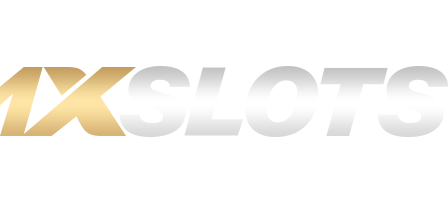When it comes to whether an operator should consider platform migration, there are three main components to consider: technology, content, and platform stability.
Speaking at a webinar entitled "Is your platform ready for the final 18 months of sports betting?", Dave McDowell noted that the use of "modern and modular" technologies helped FSB meet the changing needs of their customers.
“I think about nine months ago we came to the conclusion that while our websites are still some of the fastest and most responsive in the industry, the technology platform we were running on was not going to cut them in the future,” he shared.
“To improve on this, we reinvested in a full responsive front-end channel. It is investments like this that keep our platform modern, modular and up-to-date, which really helps us build great relationships.”
Another factor to consider, according to the director general of the FSB, is "maneuverability." He stressed the importance of flexibility as well as understanding the key technology needs and requirements of each individual client.
He continued: “Especially now that we're working with larger and larger companies, it's important to understand that all of our clients are different — everyone has different customer experience requirements and different regulatory requirements. It's really important for FSB to understand these requirements and be as flexible as possible when we help a live other client.”
Players will be presented with a plethora of big games to bet on throughout the summer, meaning operators must ensure they have a technical setup that can handle the expected volumes of traffic and provide the excellent customer experience without which they will be faced with their customers move to another platform.
To avoid massive customer churn, Mark Thomas, partner Propus Partners, highlighted the core desire for content on betting sites, implying that many bettors are looking to find operators that combine the worlds of social media, content and gambling.
But while this might be a positive thing for some players, it poses a bit of a problem for more "traditional" players who are looking for a simpler gaming experience.
Thomas explained, “I also think there is a desire for operators to continually add more content, more bells and whistles to their sites. I think this creates a dichotomy in some cases because there is a group of clients who want more and more content on their betting sites. This is really good for the operator as it means they won't leave to go to the media site.
“But on the other hand, there is another huge group of customers who are saying, 'Don't change the way you interact with my betting site.' Don't change any buttons, don't move anything." So from an operator's point of view, it's really difficult."
WITH Joe Sumares Smith's point of view platform stability should play an important role in ensuring that you can meet the growing needs of customers in the coming year.
Chairman Eyas Gaming believes that when it comes to finding a new platform provider, one of the first questions to ask is whether they can handle the amount of bets they expect to generate.
Other issues to consider are the presence of multiple data streams from external entities, the speed of bet settlement, margin movement and whether the provider has a dedicated sports betting platform.
“Platform stability is absolutely crucial,” he said. “That was one of the first things we noticed when we moved to another sports betting platform provider. As we moved on, the first question we asked was, "Can you really process the numbers we think we'll be generating?"
“We have a very busy 18-month period with a lot of sporting events. This is a great opportunity to attract new customers. But that doesn't make much sense if your site goes down in the middle of a World Cup or NFL game."
Post Technology, Stability and Content: Meeting changing customer demands first appeared on GamblingTV.com.
